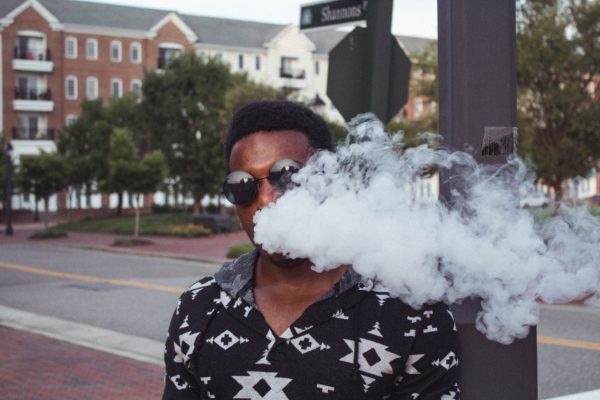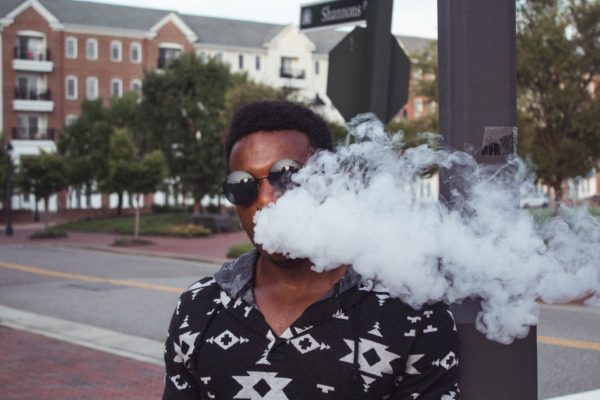Biden Administration Moves to Ban Menthol Cigarettes But Says It Won’t Lead to Increased Criminalization of Black Communities
The Biden administration announced on Thursday its plans to ban menthol cigarettes, a product civil rights groups and anti-smoking organizations say disproportionately harms Black people.
“Banning menthol — the last allowable flavor — in cigarettes and banning all flavors in cigars will help save lives, particularly among those disproportionately affected by these deadly products,” said acting Food and Drug Administration Commissioner Janet Woodcock, M.D, who hopes the ban will help tobacco-related disease and death in the United States.

Although smoking rates have decreased sharply in recent years, tobacco use is still a leading cause of illness and death across the country.
While Black Americans smoke fewer cigarettes and start smoking later in life than other races, Black people are more likely to die of smoking-related disease than whites, according to the Centers for Disease Control and Prevention. President Joe Biden has consistently promised to reduce health disparities made more obvious by the coronavirus pandemic during his presidency.
According to sturdies cited by the FDA, the menthol ban would help people quit smoking since the flavor makes smoking more appealing and leads people to make smoking a habit. About 20 million Americans smoke menthols, according to the agency.
“One study suggests that banning menthol cigarettes in the U.S. would lead an additional 923,000 smokers to quit, including 230,000 African Americans in the first 13 to 17 months after a ban goes into effect,” the FDA statement said.
The FDA faced a Thursday deadline to respond to a 2013 citizen petition calling for a ban.
Anti-smoking groups have advocated on the local and federal level for bans on menthol for years. Other flavored cigarettes have been banned since 2009 because they appeal to youth.
“For far too long, certain populations, including African Americans, have been targeted, and disproportionately impacted by tobacco use. Despite the tremendous progress we’ve made in getting people to stop smoking over the past 55 years, that progress hasn’t been experienced by everyone equally,” said Mitch Zeller, J.D., director of the FDA’s Center for Tobacco Products. “These flavor standards would reduce cigarette and cigar initiation and use, reduce health disparities, and promote health equity by addressing a significant and disparate source of harm. Taken together, these policies will help save lives and improve the public health of our country as we confront the leading cause of preventable disease and death.”
The American Civil Liberties Union expressed concern Thursday that the new ban could disproportionately impact Black communities.
“As we approach the one-year anniversary of the murder of George Floyd — only a few years removed from the killing of Eric Garner, a Black man killed by NYPD for selling loose, untaxed cigarettes — the racially disparate impact of the criminal legal system has captured the nation’s attention. It is now clear that policies that amount to prohibition have serious racial justice implications,” said senior legislative counsel Aamra Ahmad.
About 85 percent of Black smokers smoke menthols, compared against 30 percent of white smokers, according to the FDA.
White House Deputy Press Secretary Karine Jean-Pierre said Thursday that the White House is “aware” of the concerns that the ban will result in increased criminalization of Black communities.
“Let’s be clear here, if implemented these rules affect only commercial activity. And so FDA does not regulate the possession of tobacco products by individuals for personal use,” Jean-Pierre said.
The FDA’s ban on menthol and flavored cigars will apply to manufacturers, distributors, and retailers and not to individual possession or use of the rpoducts.
Jean-Pierre added, “This rule would not make individual consumer possession or use of menthol cigarettes a crime, nor change enforcement standards.”

